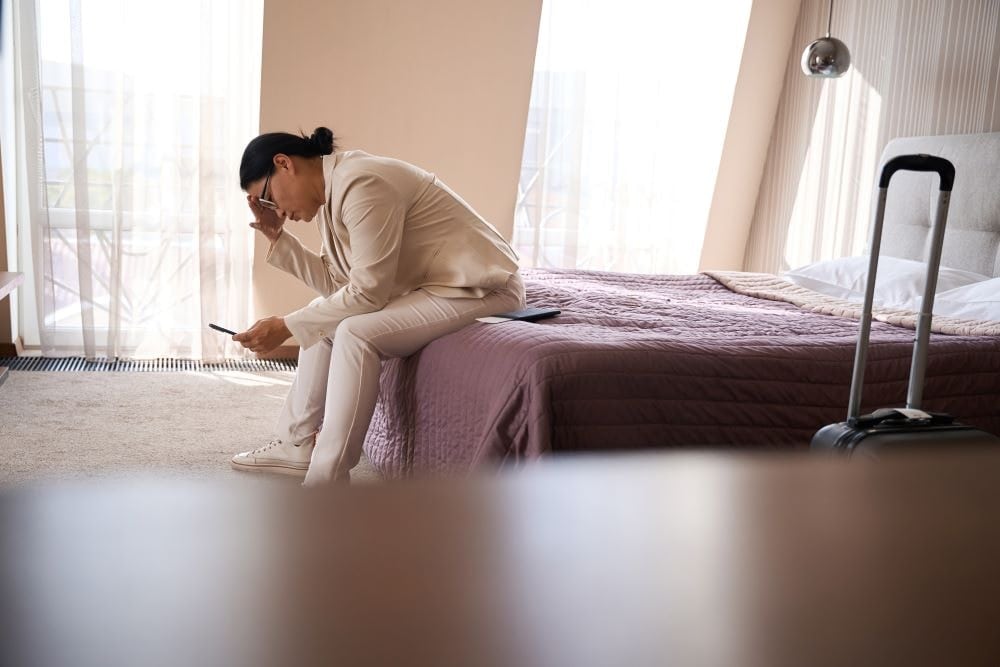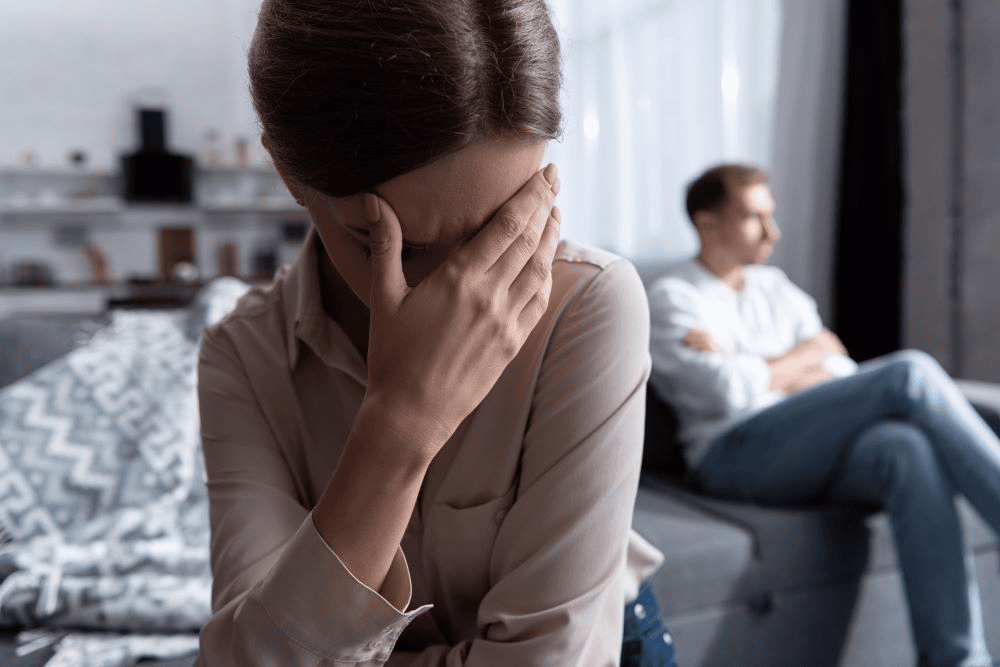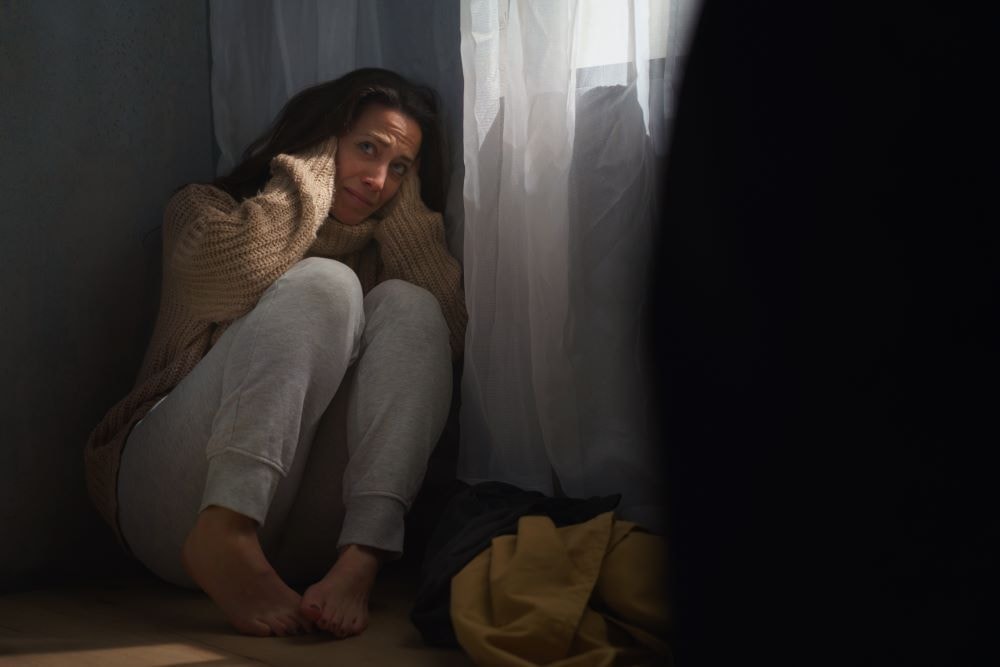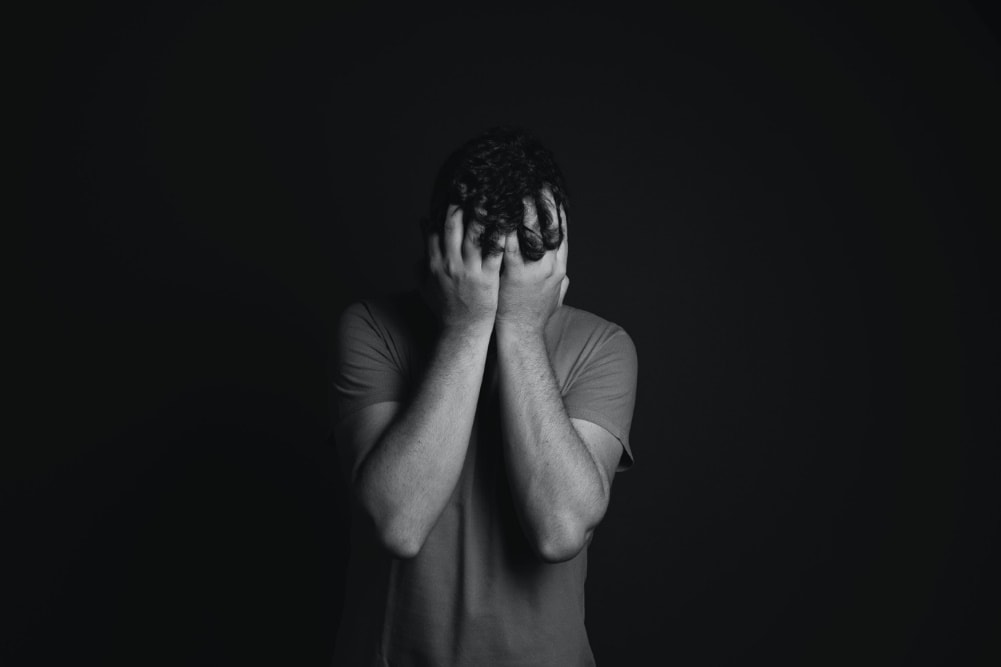
Airbnb has become a global phenomenon, offering travelers unique accommodations and hosts the opportunity to earn extra income. They also initiatives like host guarantee program for Airbnb properties, which provide extra care for their clients.
But what happens when your stay turns sour, leaving you emotionally distressed or even physically harmed? This could be a brain injury, a catastrophic injury, or even slip and fall accident in a rental property.
Can you hold Airbnb accountable for your suffering? What would the process for pursuing legal action look like? If you’re wondering all these questions but don’t have much info, you’re covered. Let’s check out the complexities of suing Airbnb for emotional distress and what it entails.
Understanding Emotional Distress at Airbnb
Emotional distress can encompass a wide range of feelings, from anxiety and fear to humiliation and loss of enjoyment. In the context of Airbnb, it may arise from various situations, such as:
- Unsafe Conditions: Discovering safety hazards or uncleanliness upon arrival.
- Privacy Violations: Finding hidden cameras or feeling uncomfortable due to invasive host behavior.
- Property Damage: Dealing with damage to personal belongings due to faulty appliances or negligence.
- Physical Harm: Suffering bodily injury due to unsafe property conditions.
If you’ve experienced any of these scenarios, you might wonder if you can seek legal recourse against Airbnb or Airbnb hosts.
Airbnb’s terms of service are by national and international regulations but can still have some violations. Knowing these violations might help when if they try to dispute resolution processes and get tailored advice for your specific case.
Common Lawsuits Filed Against Airbnb
Before exploring whether you can sue Airbnb for emotional distress, let’s look at the most common types of lawsuits involving the platform:
Personal Injury Claims:
These lawsuits arise when guests are injured on an Airbnb property due to negligence.
Property Damage Claims:
Guests may sue for damages caused to their belongings during their stay.
Privacy Violation Lawsuits:
Guests who discover hidden cameras or experience invasive host behavior may file privacy violation claims.
Breach of Contract:
If Airbnb fails to deliver on its promises or breaches its terms of service, guests may pursue legal action.
Emotional Distress Claims:
Guests may seek compensation for emotional suffering caused by their Airbnb experience.
Can You Sue an Airbnb Host or the Company Itself?
Determining who to sue—whether it’s the host, Airbnb, or both—depends on the circumstances of your case. In some instances, both parties may be held liable. For example:
- If the emotional distress results from the host’s actions, such as invasion of privacy or negligence, you might sue the host directly.
- If Airbnb’s negligence contributes to the distress, such as failing to adequately vet hosts or address safety concerns, you might sue the company.
Establishing Negligence by an Airbnb Owner
To successfully sue an Airbnb host or the company for emotional distress, you must establish negligence. This involves proving the following elements:
- Duty of Care: The host or Airbnb owed you a duty to provide a safe and enjoyable stay.
- Breach of Duty: The host or Airbnb breached this duty through their actions or inactions.
- Causation: The breach of duty directly caused your emotional distress.
- Damages: You suffered measurable harm as a result of the emotional distress.
When Can You Sue Airbnb for Emotional Distress?
You can sue Airbnb for emotional distress under certain circumstances, including:
- Clear Negligence: If Airbnb or the host’s actions clearly demonstrate negligence.
- Severe Emotional Impact: Your distress must be significant and have a measurable impact on your life.
- Documented Evidence: You have evidence, such as medical records or witness statements, to support your legal claim.
How to Sue an Airbnb Host
If you believe you have grounds to sue an Airbnb host, follow these steps:
- Gather Evidence: Collect evidence of the host’s negligence or wrongdoing, such as photos, emails, or witness statements.
- Document Your Damages: Keep records of any expenses or losses incurred as a result of the distress.
- Seek Legal Advice: Consult with a knowledgeable attorney who specializes in Airbnb-related cases.
- Send a Demand Letter: If your attorney advises, send a demand letter to the host outlining your grievances and desired compensation.
- File a Lawsuit: If the host fails to respond or reach a satisfactory resolution, file a lawsuit in small claims court or civil court, depending on the amount of damages sought.
Proving Your Case
In court, you’ll need to present evidence to support your claim for emotional distress. This may include:
- Medical Records: Documentation from a healthcare provider detailing the impact of the distress on your mental health.
- Witness Testimony: Statements from witnesses who can attest to the distress you experienced.
- Documentation of Expenses: Receipts or invoices for any expenses incurred as a result of the distress.
- Communication Records: Emails or messages exchanged with the host or Airbnb regarding the incident.
Recovering Damages
If you successfully prove your case, you may be entitled to various types of damages, including:
- Compensatory Damages: Compensation for actual expenses incurred and the pain and suffering caused by the distress.
- Punitive Damages: Additional compensation designed to punish the defendant for particularly egregious conduct.
- Legal Fees: In some cases, the court may order the defendant to cover your attorney fees.
Dangerous Airbnb Property Conditions and Physical Safety Risks
In addition to emotional distress, guests may face physical safety risks due to dangerous property conditions. These hazards can include:
- Fire Hazards: Faulty wiring, lack of smoke detectors, or flammable materials present a fire risk.
- Safety Hazards: Slippery floors, uneven stairs, or broken handrails pose a risk of injury.
- Security Risks: Poorly lit areas or lack of secure locks may make Airbnb guests vulnerable to theft or assault.
If you encounter such hazards during your stay and suffer injuries as a result, you may have grounds to sue for personal injury.
How an Attorney Can Help You in Your Emotional Distress Case Against Airbnb
Facing emotional distress due to your Airbnb experience can be overwhelming, but having the right legal representation can make all the difference. Here’s how an attorney can assist you every step of the way:
Legal Expertise and Guidance:
An attorney offers in-depth knowledge of local laws regarding personal injury and Airbnb-related cases, guiding you through your legal options and rights.
Case Evaluation:
Attorneys assess the strengths and weaknesses of your case, advising on the likelihood of success based on the evidence gathered.
Documentation and Paperwork:
Handling all paperwork and filings, attorneys ensure that everything is completed accurately and on time, relieving you of this burden.
Strategic Planning:
They develop customized plans outlining steps for evidence gathering, negotiation, alternative dispute resolution and representation, tailored to your case’s needs.
Negotiation Skills:
Skilled negotiators, attorneys advocate for you, striving to secure fair settlements with Airbnb or the host’s insurance company.
Representing You in Court:
If your case goes to trial, having an attorney by your side is invaluable. They’ll present your case to the court, cross-examine witnesses, and argue for the compensation you deserve.
Protecting Your Rights:
Throughout the process, an attorney will protect your legal rights and interests. They’ll ensure that you’re treated fairly and that any settlements or verdicts fully compensate you for your losses.
Maximizing Compensation:
Attorneys work to maximize your compensation, considering all potential damages, including medical expenses, lost wages, and pain and suffering.
Providing Emotional Support:
Your attorney offers compassionate support, listening to your concerns and providing guidance to alleviate stress and anxiety.

Seeking Justice for Your Airbnb Experience? Let BLG Fight for Your Rights!
While Airbnb offers many benefits to travelers, it’s essential to be aware of your legal rights if things go wrong. If you’ve experienced emotional distress or harm during your Airbnb stay, you may be able to sue for damages.
Knowing the legal process and seeking guidance from a legal professional, you can pursue justice and hold responsible parties accountable for their actions. Remember, your safety and well-being are paramount, and you have the right to seek compensation for any harm you’ve endured.
Ready to pursue your claim and seek justice for the distress you’ve endured? BLG is here to guide you through the legal process with expertise and care. Our experienced attorneys specialize in Airbnb-related cases and will fight tirelessly to protect your rights.
Contact us today for a free consultation.
FAQs
Is there a class action lawsuit against Airbnb?
Yes, there have been class action lawsuits filed against Airbnb, mostly related to various legal issues such as discrimination, safety concerns, and contract disputes.
Has anyone ever sued Airbnb?
Yes, many people have sued Airbnb for various reasons including property damage, personal injury, discrimination, and contract disputes.
What types of lawsuits has Airbnb faced?
Airbnb has faced lawsuits related to property damage, personal injury, discrimination, contract disputes, and violations of local regulations.
What to do if you are unhappy with Airbnb?
If you’re unhappy with Airbnb, you can start by contacting their customer support to resolve the issue. If that doesn’t work, you can leave a review, escalate the matter through Airbnb’s resolution center, or seek legal advice depending on the severity of the problem.





